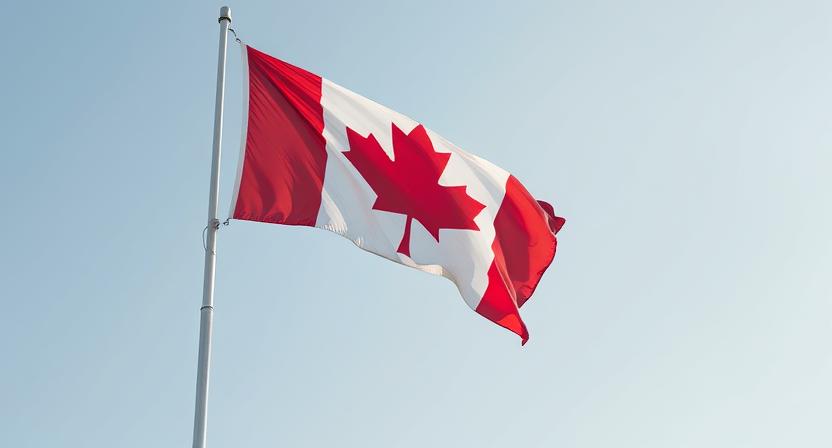- About Us
- Legal Services
- Family Law
- Property
- Marriage
- Immigration
- Contact
- Payments
Canada and Thailand, recognizing the importance of strengthening bilateral cooperation. This to enhancing their ability to combat crime. They agreed to provide mutual legal assistance in criminal matters. Likewise also see the articles that we wrote on Thailand US extradition as well as answering the question of l’extradition Thaïlande-France. The answer is no. Likewise also see the Thailand UK extradition treaty.

Article 1: Scope of Assistance
The two countries commit to providing the widest possible assistance in criminal investigations and well as prosecutions, and related proceedings.Assistance includes but is not limited to: collecting testimony, sharing documents, executing searches, serving legal documents, facilitating witness appearances, locating persons or items, and securing proceeds of crime. Assistance applies regardless of whether the act under investigation is a crime in the assisting country.The treaty is strictly for official criminal law enforcement. This excludes private party use or interference.
Article 2: Refusal or Postponement
A request may be refused if it threatens sovereignty, security and public interest. Likewise if it pertains to political offences.Execution or the request may be delayed if it interferes with ongoing domestic proceedings. Conditions may be set instead of outright refusal; reasons for refusal or delay must be communicated.
Article 3: Central Authorities
Each country shall appoint a Central Authority to process requests: Canada: Minister of Justice or designee.Thailand: Attorney General or designee. Requests must be exchanged through these Central Authorities.
Article 4: Language
Requests must be accompanied by a translation into an official language of the Requested State.
Article 5: Request Requirements
Requests must be written (urgent ones may be sent by fax with follow-up).Must detail the authority making the request. Likewise the nature and purpose of the investigation. In addition the evidence sought, and related persons or items. The request may include additional procedural or evidentiary details as needed.
Article 6: Execution
Requests are to be executed promptly. This in line with the Requested State’s laws. Likewise with the accommodating the Requesting State’s preferences if possible. Bank secrecy cannot be used as grounds for refusal.
Article 7: Costs
Routine costs are covered by the Requested State. The Requesting State bears expenses for expert witnesses and transported persons.Extraordinary costs require consultation.
Article 8: Confidentiality and Use
Evidence must only be used for purposes specified in the request. Requests may be kept confidential upon demand. Confidentiality obligations must be honored unless disclosure is needed for a public trial.
Article 9: Testimony and Evidence in the Requested State
Persons may be compelled to testify or provide evidence. Observers may be allowed to attend and question witnesses. Verbatim transcripts may be made.
Article 10: Government Records
Public records must be shared.Confidential records may be shared at the discretion of the Requested State.
Article 11: Documents and Authentication
Originals or certified copies may be transmitted. Returned when no longer needed. Special authentication is not required unless specifically requested.
Article 12: Document Service
Legal documents may be served, and proof of service must be returned.No penalties shall arise if a person fails to appear after being served.
Article 13: Search and Seizure
Permitted if justified under the Requested State’s law.
Article 14: Transfer of Detained Witnesses
Detained persons may testify in the Requesting State with their and the Requested State’s consent.The Requesting State must keep the individual in custody and return them promptly.
Article 15: Locating Persons or Objects
The Requested State must make reasonable efforts to locate requested persons or items and report results.
Article 16: Proceeds of Crime
The Requested State must investigate whether crime proceeds are within its territory and may freeze or confiscate them as allowed by its law.
Article 17: Witness Appearance
Individuals in the Requested State may be invited to testify in the Requesting State; their response must be communicated.
Article 18: Safe Conduct
Witnesses cannot be prosecuted or detained for prior offences while in the Requesting State. This protection expires if the person stays beyond 15 days after their presence is no longer required.
Article 19: Other Assistance
The Treaty does not limit broader or additional forms of cooperation between the States.
Note: Always use a ministry of foreign affairs translation for your translations.
The information contained in our website is for general information purposes only and does not constitute legal advices. For further information, please contact us.
